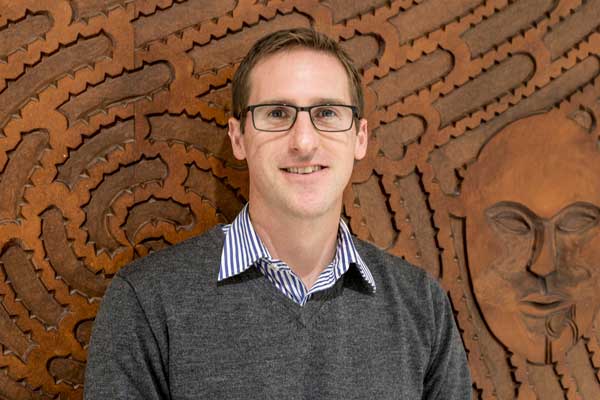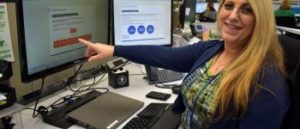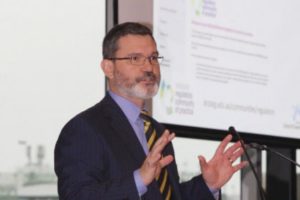Mike Stone started his career in the health sector before spending 13 years in the New Zealand Police predominantly as a serious crime Detective. He finished with New Zealand Police as a Serious Crime Investigation Instructor at the Royal New Zealand Police College before moving to the Department of Internal Affairs.
In his time with the Department, Mike has held roles in Charities Investigation, managed the National Identity Investigation Team and is currently the Director of the Anti-Money Laundering and Countering Financing of Terrorism (AML/CFT) Group that is responsible for supervising a wide range of entities who have AML/CFT reporting obligations.”
We spoke with Mike regarding G-REG and here’s what he had to say. You recently expanded from regulating around 950 reporting entities to more than 6000. What role has G-REG played during the expansion of your scope?
Along with casinos and a range of financial institutions, from 1 July 2018 we now supervise lawyers and conveyancers. Accountants, real estate agents, racing and betting services and some high value dealers are being added in phases from 1 October 2018, which will bring our total up to more than 6,000 entities.
DIA’s AML Group helps businesses comply with the law, monitors and assesses money laundering and terrorism financing risks in their sectors, and ensures businesses have preventative measures to minimise the risks they face. Our regulation of these sectors involves a lot of cross-agency work, and G-REG helps us with our shared regulatory language.
As a modern responsive regulator, we need a professional body, qualifications, and communities of practice. G-REG and the Core Knowledge Qualification give us a solid foundation to build on as we grow and respond to an evolving and complex environment.
What does G-REG mean for your people?
G-REG, with the ability to progress through levels, gives our people a pathway for further professional development as well as the recognition they deserve for their prior experience and organisational knowledge. Our vision is for the AML Group to foster highly skilled professionals and enhance New Zealand’s regulatory workforce. Ongoing professional development is a key component in developing our pool of mobile, skilled, diverse, and flexible practitioners. A focus on regulatory theory allows us to keep ahead of the curve and build capability: the right people with the right skills at the right time. G-REG’s promotion of regulation as a profession inspires our people with their career progression.
And for the future?
G-REG gives us a baseline of core capability as we move into an era where greater workforce flexibility, diversity and capability is required. The regulator of the future needs skills that are cross-boundary: entrepreneurial, collaborative, innovative, and digitally savvy. The ongoing shift from box-ticking, output-driven regulation to a focus on systems, co-design and achieving cross-agency outcomes will bring Regulatory Stewardship increasingly to the fore, and G-REG has an important role to play in facilitating collaboration across regulatory agencies to develop a professional, highly skilled public service.





